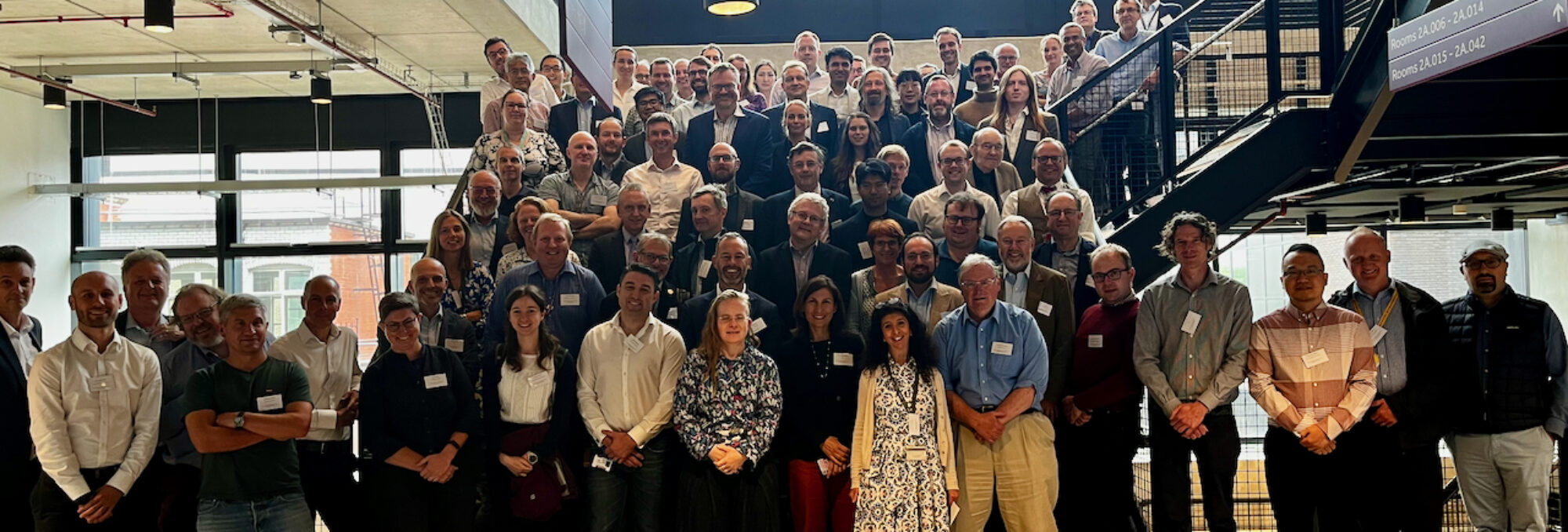Strengths
- Attractive to the next generation of people
- UK has good capability in relevant areas that are not currently nuclear-focused but complementary (e.g. meteorological modelling; high performance computing; oil & gas)
- This area includes nationally important technical challenges that must be addressed now
- On the critical path for future nuclear development
- Programmes exist and have clear aims (Geological disposal; Contaminated land; Emergency response)
There are defined end users for this research
- Programmes exist and have clear aims (Geological disposal; Contaminated land; Emergency response)
Weaknesses
- Current students are often not very quantitative
- Demand from employers is much greater than supply of recruits
RCUK model not sufficiently inclusive of the whole academic community and reduces diversity of training - Security clearance, nationality restrictions
- Age profile of the current research community
- Volume of current research training
- Facilities: High barriers to entry (cost; safety case; training)
- Gaps in capability to handle highly active samples
- These very cross-cutting topics fall foul of boundaries within RCUK
- Timescales of research projects vs. timescales of the problems
- Lack of coherent representation within RCUK- need ‘ambassador’
- UK programmes out of sync with FP8
- BBSRC is not meaningfully engaged in nuclear research
Opportunities
- To improve public understanding- communication
- High demand for personnel • Diversification of research training
- Facilities: Reorientate existing facilities to nuclear (e.g. meteorological models, high performance computing)
- Access to underground research laboratories and ‘natural labs’
- Develop better use of expert judgement
- Geological disposal; Contaminated land; Emergency response; Measurement and monitoring; Natural laboratories
- ‘Ambassador’ within RCUK
- Thematic research network
- Long term (> 5 years) programmes
Threats
- Public confidence
- NERC DTPs
- Security clearance & nationality restrictions
- Sustainability of the supply of new entrants
- High barriers to entry for new facilities (cost; safety case; training; slow, unclear processes)
- Politics
- Loss of trust in research- need for independence
- Politics
This information can also be downloaded as a pdf file here
